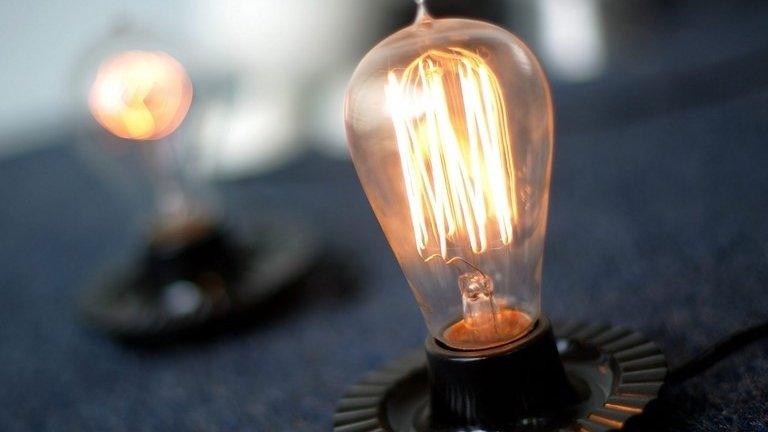Energy market review: Ed Davey vows to speed up supplier-switching
- Published
- comments
Ed Davey: "24-hour switching is my ambition"
Energy Secretary Ed Davey has promised to cut the time it takes to switch energy supplier to improve competition and drive down prices.
He told MPs his "ambition" was to reduce it from the current five weeks to 24 hours, but added that the change would not "happen overnight".
Mr Davey also promised "criminal sanctions" for companies found to have manipulated the energy market.
Labour accused the government of being "too weak" to stand up to energy firms.
The secretary of state was announcing a new annual review of the energy market in a Commons statement.
The government has been under pressure to help people facing higher gas and electricity bills, with Labour calling for a price freeze.
The coalition's answer has been to encourage households to switch suppliers - but Mr Davey has accused the "big six" energy companies of anti-competitive practices by "trying to make it more difficult" to do that.
He told MPs: "I am challenging the industry to deliver faster switching.
"If you can change your broadband provider with a few clicks of the mouse why shouldn't you be able to do the same with your gas or electric?
"It shouldn't take five weeks for the change to take effect - 24-hour switching is my ambition."
He praised First Utility for making progress towards the 24-hour target and said other suppliers, including E.On, SSC and smaller independent firms had agreed to talks on speeding up switching.
He conceded that the reforms would not "happen overnight", but said the government was prepared to "compel those who drag their heels".
Ministers will also launch a consultation on "increasing the sanctions for manipulation of the energy markets, so that they carry criminal penalties for the first time", the Lib Dem MP added.
The review he has announced will be led by the regulator Ofgem, together with the Office of Fair Trading (OFT) and the Competition and Markets Authority (CMA), and is expected to report annually from spring 2014 on the state of the energy market.
It will examine the barriers encountered by new suppliers entering the market, scrutinise prices and profitability, and evaluate how easy customers are finding it to switch suppliers.

But Labour's shadow energy secretary Caroline Flint said: "We don't need another review, we need action - action to freeze people's energy bills and fix this broken market.
"Breaking up the big six by ring-fencing their generation from supply, put an end to secret deals and requiring all electricity to bought and sold via an open exchange and a tough new watchdog with the power to force these companies to cut their prices when wholesale costs fall."
She ridiculed the government's advice to consumers to shop around for the best deal, telling MPs: "Even the cheapest tariff in a rigged market will still not be a good deal."
Mr Davey said if his shadow Caroline Flint had "secret information" of cartel activity then she must confirm the competition regulator is aware of it so it can investigate.
Caroline Flint: "We have heard...excuses for why people's bills are going up"
Ofgem's Chief Executive Andrew Wright said the regulator's reforms, which include limiting each supplier's number of available tariffs to four and requiring them to display their cheapest deals on bills, were delivering a "simpler, clearer and fairer market for consumers".
But Which? executive director Richard Lloyd said Mr Davey's proposals were "too little too late".
Speaking on BBC Radio 4's World at One programme, he said: "Frankly, asking regulators - the competition authorities and Ofgem - to do a review to see if this market is working competitively is a bit of a joke: it's asking the regulators to do their day job."
Four of the UK's six main energy companies have recently announced price rises, with an average increase of 9.1%, and the other two are expected to follow suit soon.
The firms say the rises are largely due to increasing wholesale prices, but Ofgem says these have risen by only 1.7% in the past year.
Wholesale costs - the price at which energy companies buy the gas and electricity they provide to customers - make up just under half of the energy bills paid by most customers.
Energy firms dispute Ofgem's figures and say wholesale prices have risen between 4% and 8% in the past 12 months.
- Published31 October 2013
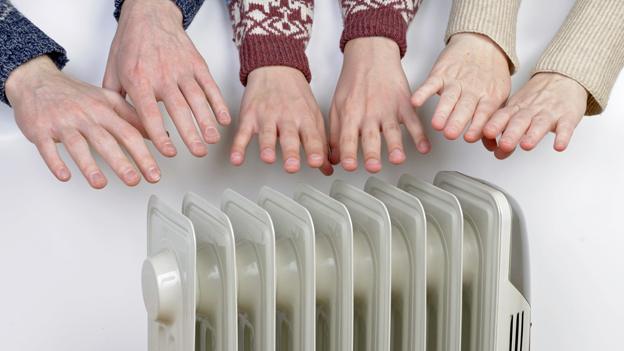
- Published30 October 2013
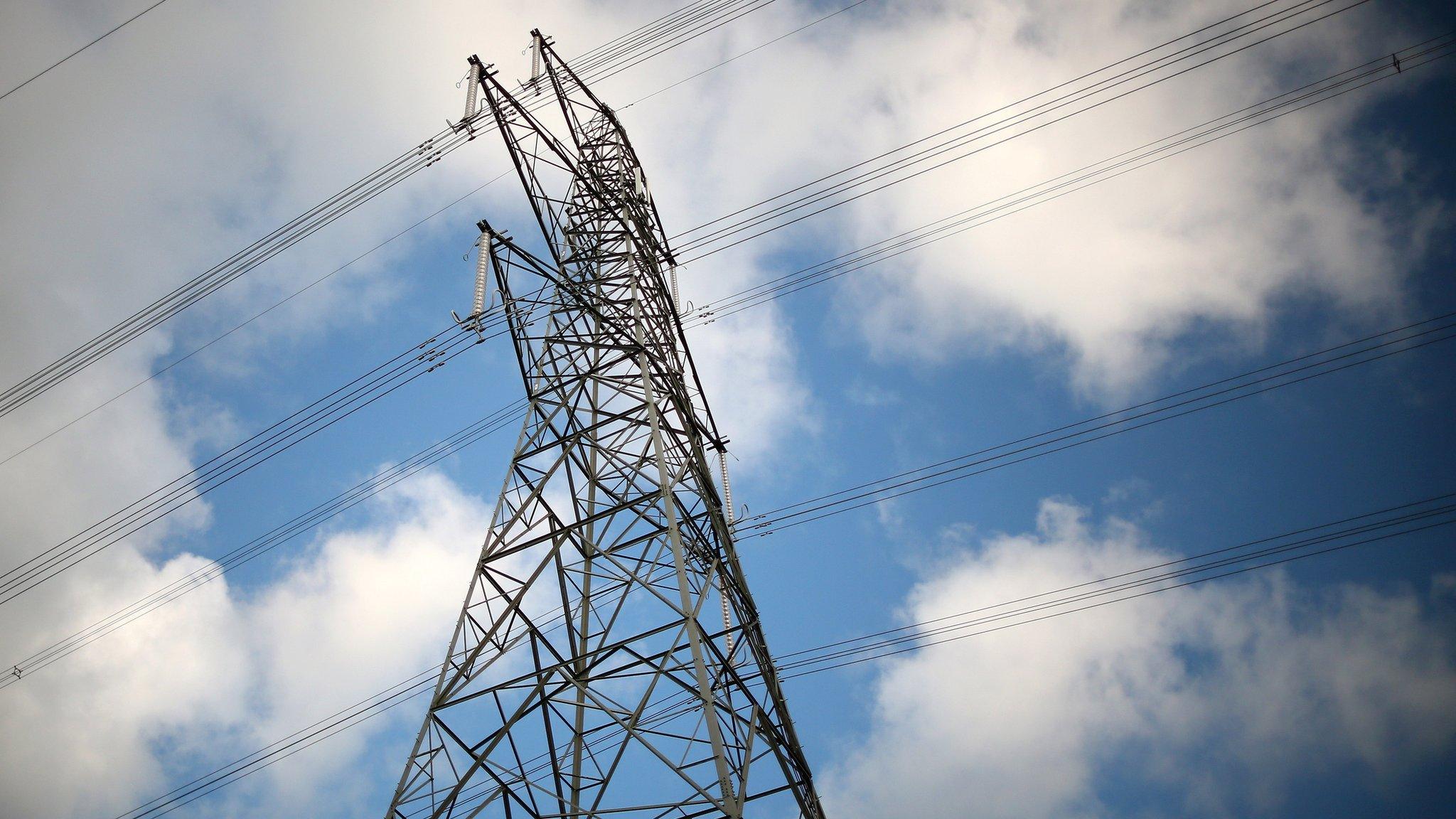
- Published29 October 2013
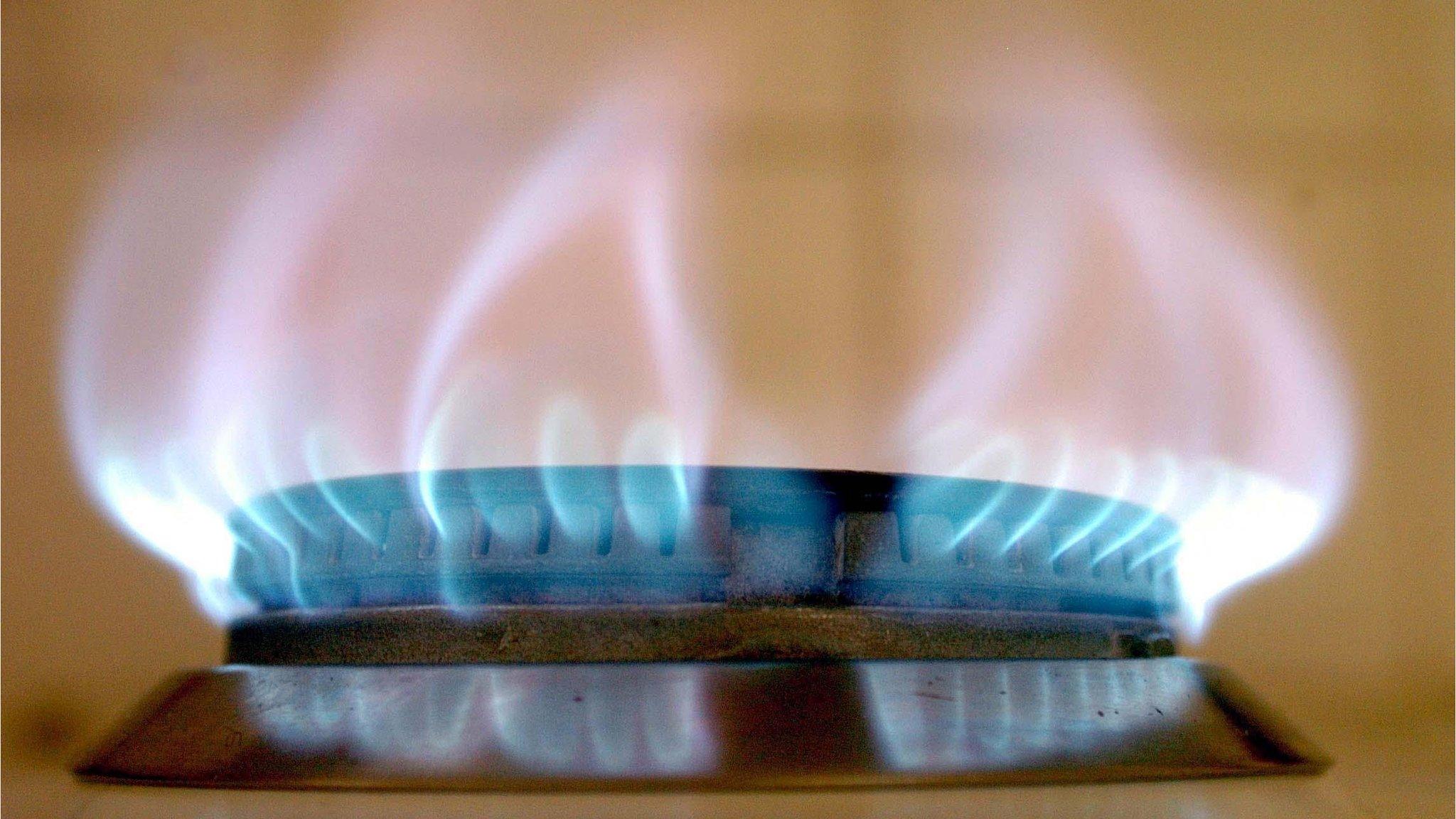
- Published29 October 2013
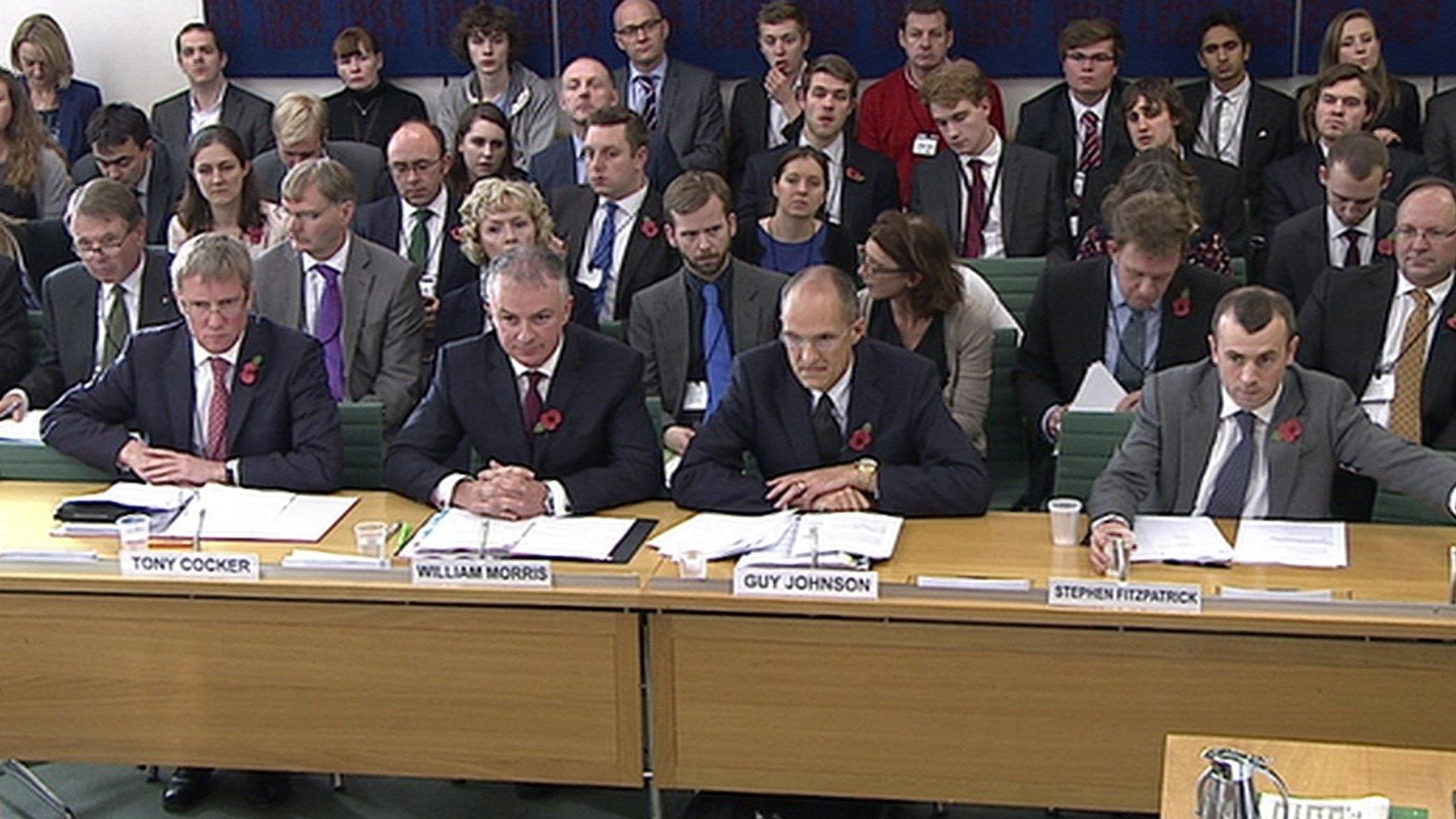
- Published27 March 2014
